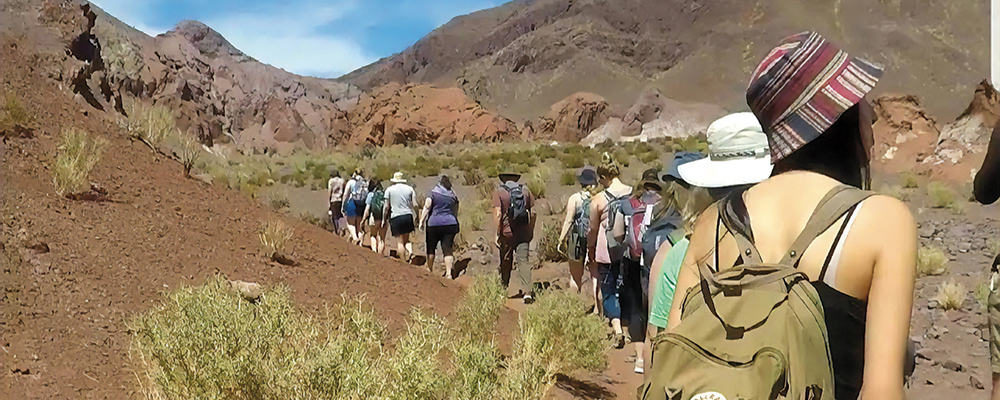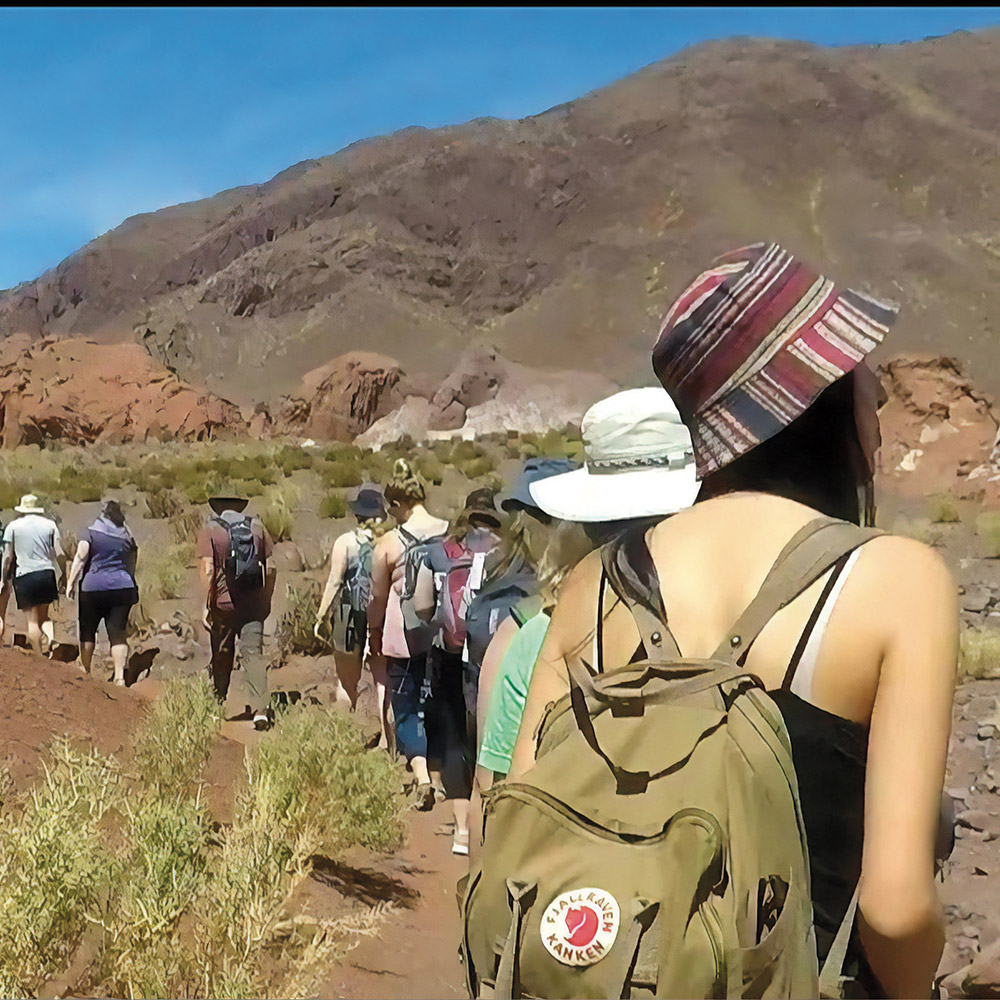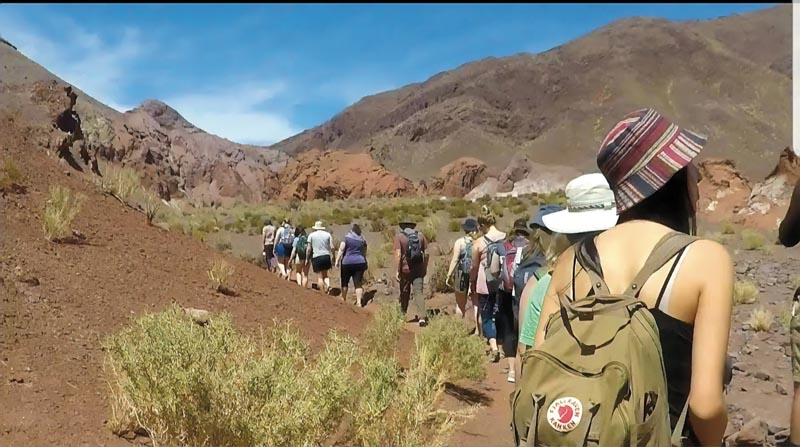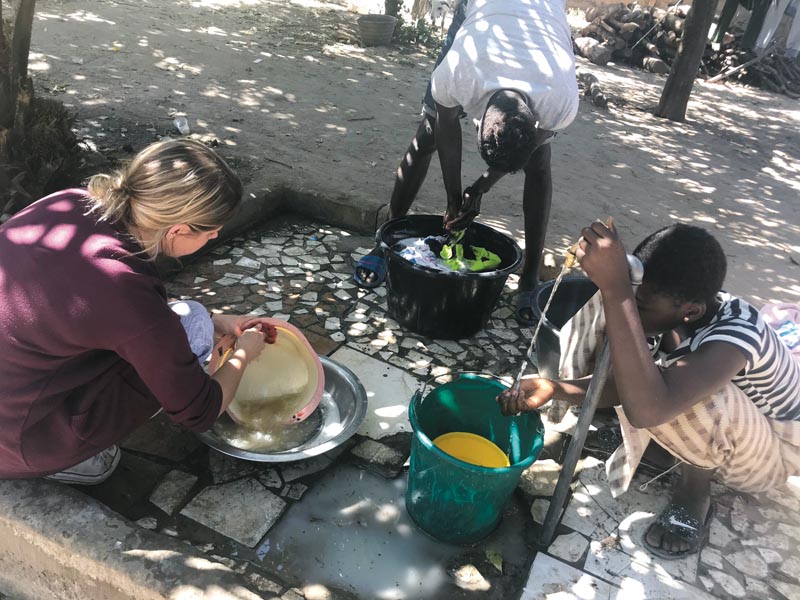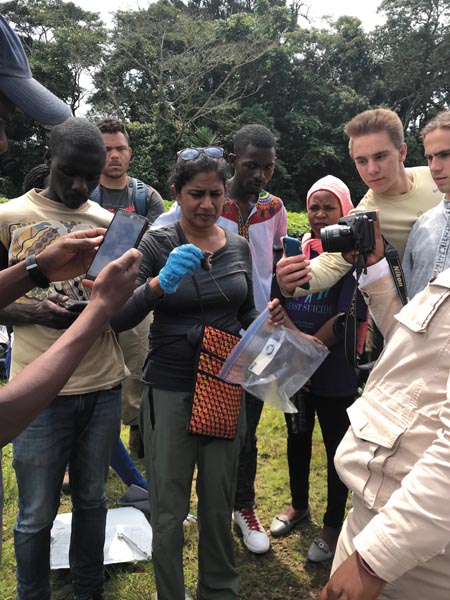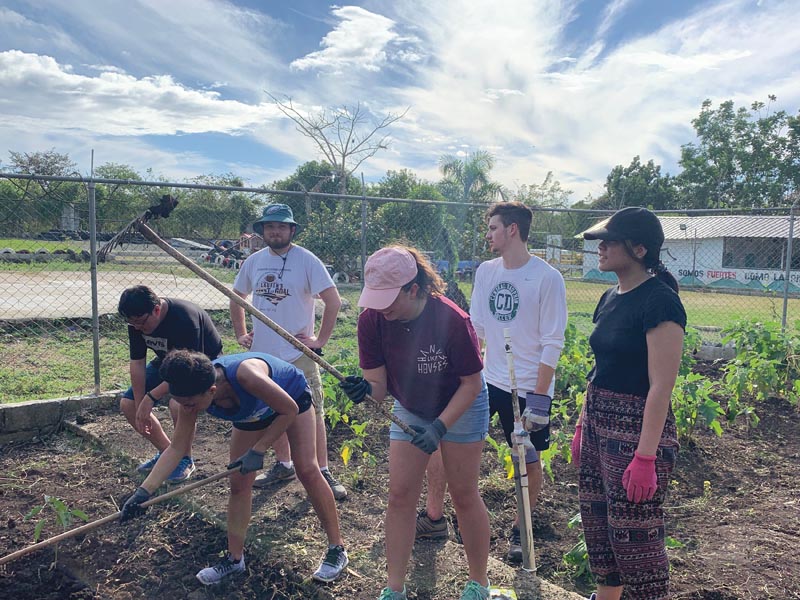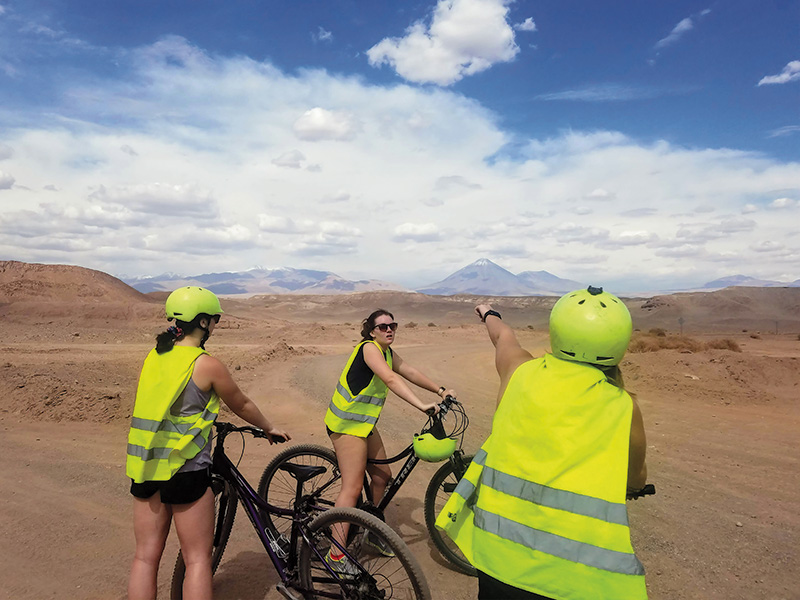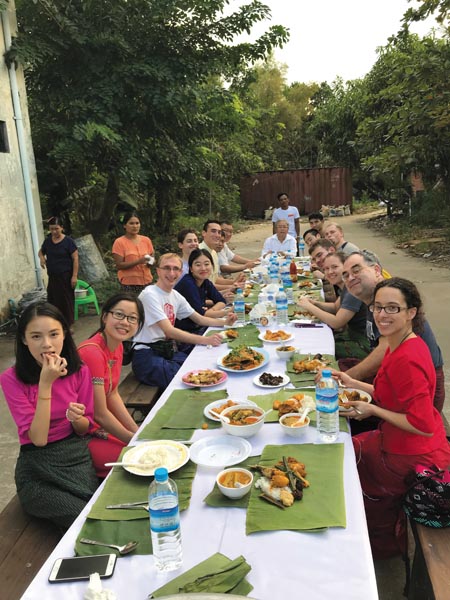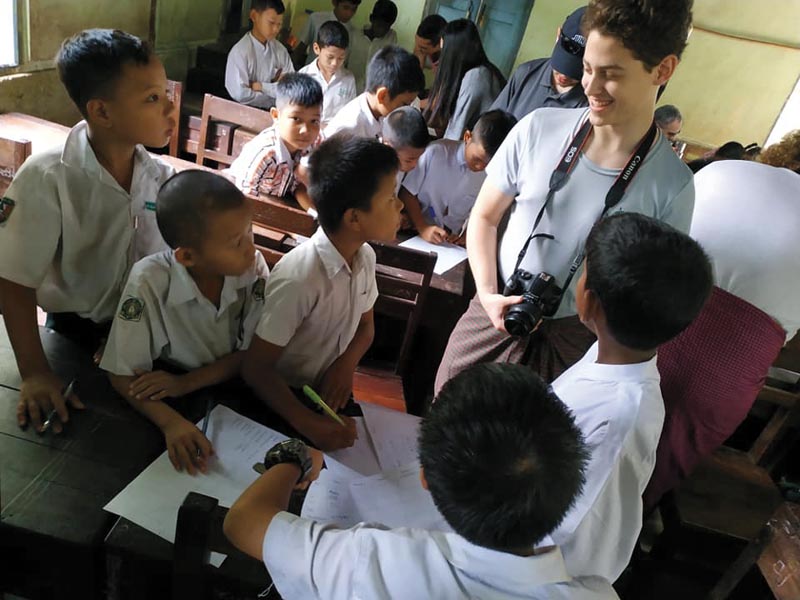Grace Backes ’20 selected a short-term trip to The Gambia in an effort to explore a culture different than her own.
“I chose The Gambia because I knew that if I was going to go somewhere, it would have to be very different from home so that I could get the full culture-shock experience,” Grace says.
Each faculty-led exploration and its associated semester-long course have specific learning and immersion goals.
“(The programs) give students and faculty the opportunity to develop an academic understanding of the culture or cultures to be visited and to handle logistical preparation, including considerations of navigating intercultural experiences,” says Kati Csoman, dean of international education.
Even though students only spend a few weeks abroad within these programs, the academic, personal, and developmental effects can be life-changing.
“Especially in the courses abroad during which faculty leaders are present, students have ample opportunity for reflection,” Kati says. “The process of reflection helps students to process and evaluate the experiences at a deeper cognitive and emotional level.”
Short-term trips can have long-term effects.
Kaitlyn Granger ’21 studied in Rwanda and shares her experience interacting with a recovery organization made up of women who are victims of the Rwandan Genocide. Students from the College helped the women to plant flowers to be placed on mass graves.
“We spent the entire day together, worked together, and laughed together. One of my favorite moments from that day was when the women asked us how our respective countries teach about conflict resolution strategies,” says Kaitlyn. “Seeing how we’re learning to resolve conflict in a way that is not violent and does not lead to other genocides was really empowering for the other students and me, and the women seemed moved by it, too.”
Taylor Knoble ’20 traveled to and through Chile with the goal of learning as much as possible.
“The attitudes and ways of life in Latin America are so different from our way of life,” Taylor says. “Everything is so different, which you can read in an article, but it’s hard to really understand it unless you’ve actually experienced it.”
Suraia Silveira ’20 studied in the Dominican Republic, where she built a basketball court, a park, and a barbershop, planted vegetables and fruit in a garden, and helped teach children in the La Piedra community.
“The most fulfilling part of this trip was learning from my host family and the community, especially because it is such a low-income area, but the people in La Piedra use everything they have and they appreciate it, too,” says Suraia.
Many of the students who participated in a short-term study abroad program may not have had the opportunity without financial assistance provided by the College and alumni. Some of the funding available is through Eagles Abroad Scholarships, the Thomas R. Kepple Jr. International Opportunities Endowment, and the Nyce Scholarship, endowed by Frances (Clemens) Nyce ’46 and William P. Nyce ’48.
“Juniata provided me with a scholarship for the trip, which helped me a lot financially because if I didn’t get the scholarship, it would have been extremely difficult for me to pay the full amount,” says Suraia. “For that, I’m glad that Juniata was able to support my dreams.”
Kaitlyn received funding through the Baker Institute for Peace and Conflict Studies which she credits with helping her to “get a different kind of enrichment in my field.”
The College will continue to promote short-term, faculty-led study abroad programs, much like those that were facilitated this past January, in the future.
“Juniata is committed to sustaining and growing short-term courses abroad and this is most evident in the new general education component that includes a Global Engagement requirement,” says Kati.
